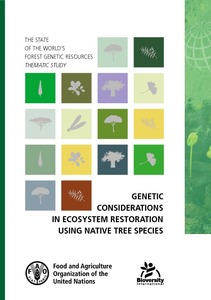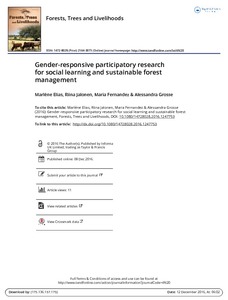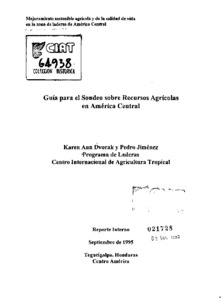Genetic considerations in ecosystem restoration using native tree species. State of the World’s Forest Genetic Resources – Thematic Study.
There is renewed interest in the use of native tree species in ecosystem restoration for their biodiversity benefits. Growing native tree species in production systems (e.g. plantation forests and subsistence agriculture) can also ensure landscape functionality and support for human livelihoods. Achieving these full benefits requires consideration of genetic aspects that are often neglected, such as suitability of germplasm to the site, quality and quantity of the genetic pool used and regeneration potential.





